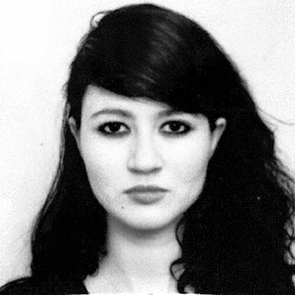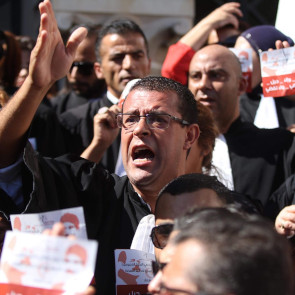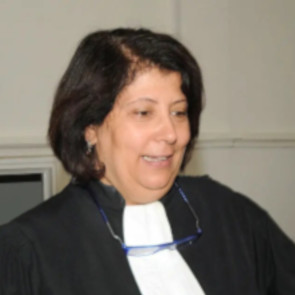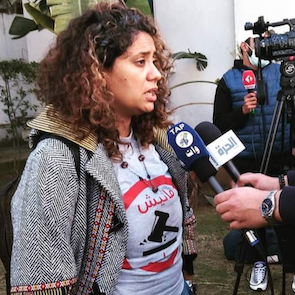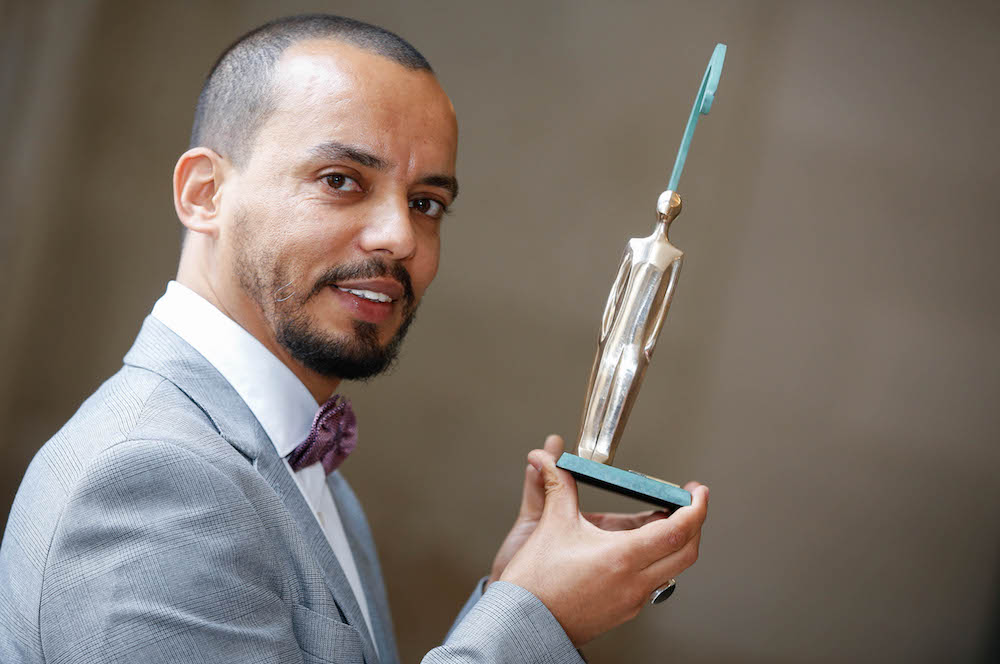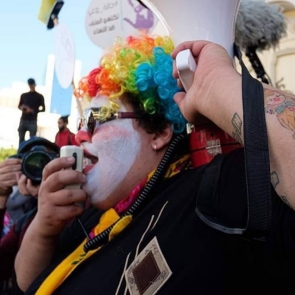#Tunisia
#Tunisia
Following the ousting of President Zine el-Abidine Ben Ali as a result of the historic protests in 2011, the situation for human rights defenders (HRDs) in Tunisia began to improve substantially. In particular the lifting of legal impediments to the work of human rights defenders and progress in the adoption of human rights legislation have been significant. Numerous HRDs who had been persecuted by the Ben Ali's regime found opportunities for viable political participation including, notably, Moncef Marzouki who was elected interim President.
Tunisia adopted a pluralist election law for the election of a new Constituent Assembly and has ratified the Rome Statute, thus becoming a State party to the International Criminal Court. Decree laws were brought in allowing for greater freedom of association, the legitimate formation of political organizations, which legalised 106 political parties previously outlawed, and freedom of peaceful assembly. However, a number of challenges remain, as well as the risks that some of the progress achieved so far may be undermined.
Advances on freedom of expression have remained more limited than on freedom of association and assembly. The new Press Code, which was intended to liberalise the environment for journalists and strengthen freedom of expression maintained provisions on criminal defamation. It also remains an offence to distribute “false information”, a provision often used to prosecute human rights defenders under the past regime.

